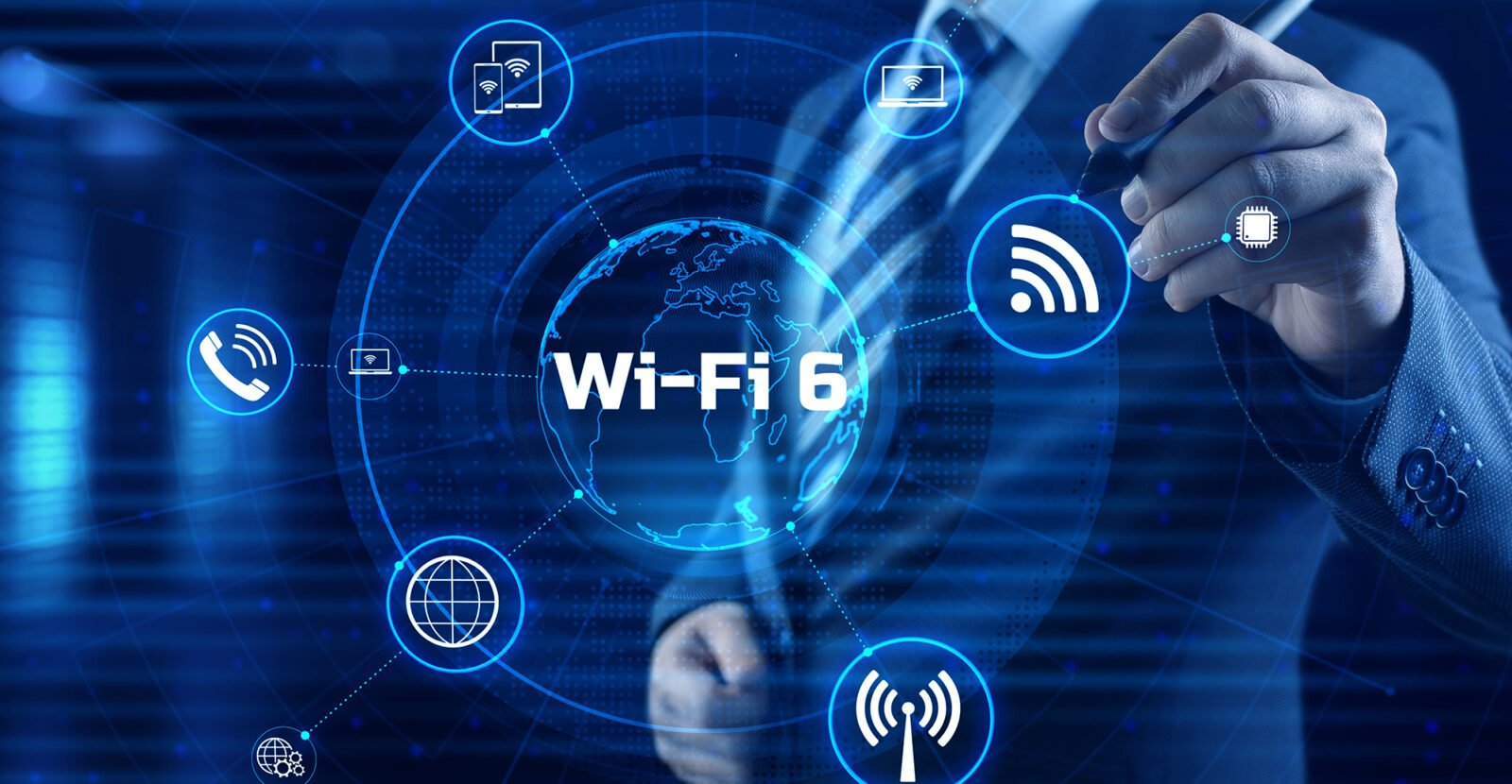Table of Contents
ToggleIntroduction
In today’s fast-paced business environment, reliable wireless business internet is crucial. Whether you’re working remotely or handling sensitive transactions, a stable connection ensures smooth operations. As businesses explore options for their connectivity needs, two main technologies have emerged as leaders: LTE (Long-Term Evolution) and 5G (Fifth Generation). Each offers different advantages depending on performance, reliability, and cost. Let’s dive into these differences and understand which one could be the right fit for your business.
Performance: LTE vs. 5G
When it comes to performance, 5G is the clear winner over LTE.
Speed Differences
LTE, while fast, can reach maximum speeds of about 100 Mbps (Megabits per second) under optimal conditions. On the other hand, 5G can deliver speeds ranging from 1 Gbps (Gigabit per second) to 10 Gbps, depending on the network and equipment. This vast speed difference is ideal for businesses that rely on large data transfers or streaming high-definition content.
Latency
Latency refers to the delay before a transfer of data begins following an instruction. 5G has significantly lower latency than LTE, with speeds as low as 1 millisecond compared to LTE’s 30-50 milliseconds. This reduction in latency means that 5G is a game-changer for real-time applications, such as video conferencing, remote control of equipment, and real-time analytics.
Reliability: LTE vs. 5G
While 5G offers remarkable advancements in performance, LTE is still a solid choice in terms of reliability, especially in specific areas.
Coverage
LTE networks are more widespread, especially in rural and underserved areas. 5G, although growing, still faces limited coverage. Many rural regions may not have access to 5G infrastructure, making LTE a better option for businesses located in these areas. In contrast, 5G is widely available in cities and urban centers where its higher speed capabilities can be fully realized.
Stability
5G offers faster speeds and lower latency, but it can be more susceptible to interference, particularly with the higher-frequency bands it uses. LTE, being more mature, tends to offer better stability in environments with high interference or physical obstacles like buildings. If your business is in an area with a lot of obstructions or in a location where 5G coverage is still sparse, LTE might be the more reliable choice.
Cost Comparison
Both LTE and 5G have their pros and cons when it comes to cost.
Setup and Installation Costs
Setting up LTE is typically less expensive, as the infrastructure for LTE is already well-established. Most wireless internet providers already offer LTE as an option, which can make installation more affordable and less time-consuming. In contrast, 5G requires specialized equipment and infrastructure, which can come with higher upfront costs for both setup and hardware.
Ongoing Subscription Fees
While 5G promises better performance, it often comes at a higher cost. Subscription fees for 5G plans can be significantly more expensive than LTE due to the advanced technology involved. Businesses looking to manage their operational costs might find LTE to be a more economical solution, at least for the short term.
Which Option is Right for Your Business?
When deciding between LTE and 5G, it’s essential to evaluate your business’s specific needs.
Use Cases for LTE vs. 5G
If your business primarily uses the internet for basic tasks like email, browsing, and standard video calls, LTE could be more than sufficient. However, if your operations require intensive data processing, such as cloud computing, data backups, or virtual meetings with high-quality video, then 5G might be a better fit.
Assessing Connectivity Needs
Think about your company’s growth and future requirements. If you anticipate a need for faster speeds and low-latency applications, investing in 5G might offer long-term benefits. However, if your business is looking for a stable connection without the high costs associated with 5G, LTE is a great alternative.
The Role of Cyber Security in Wireless Business Internet
As your business transitions to wireless internet solutions, whether LTE or 5G, it’s essential to consider cyber security.
Why Secure Wireless Business Internet is Essential
Both LTE and 5G networks are vulnerable to security risks, such as hacking, data breaches, and unauthorized access. The more your business relies on wireless internet, the more important it is to secure your connections.
Protecting Your Network with Cyber Security Solutions
To ensure that your business remains safe, consider partnering with a reliable cyber security provider like Defend My Business. They offer comprehensive cyber security solutions that protect your wireless business internet, ensuring that your sensitive data stays secure.
Contact Information
If you’re concerned about your business’s cyber security, reach out to Defend My Business at:
- Phone: 888-902-9813
- Email: defend@defendmybusiness.com
Conclusion
Choosing between LTE and 5G for your wireless internet for business depends on a balance between performance, reliability, and cost. While 5G offers faster speeds and lower latency, LTE remains a reliable and cost-effective option for many businesses. Consider your current needs, long-term goals, and potential security risks to make the best decision for your business. With proper planning and the right provider, your business can stay connected, secure, and ready to thrive in the digital world.
